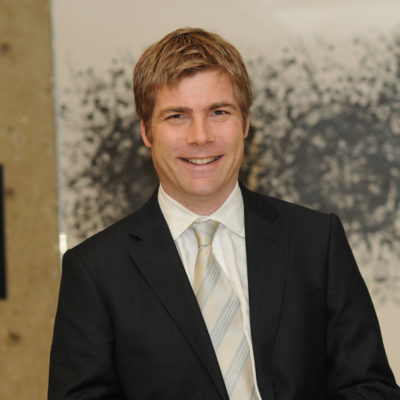Global Climate Meeting Will Forge Ahead, Despite Trump’s Contempt
Summary
A shadow looms over this year’s United Nations climate change meeting. The 23rd Conference of the Parties—or its shorthand, COP 23—begins Monday in Bonn, Germany. It commences just five months after Pres. Donald Trump announced he would withdraw the U.S. from the Paris climate accord, which aims to limit global temperature rise to 2 degrees Celsius—or ideally, 1.5 degrees C. The international community strongly reprimanded the Trump administration for its decision, and it has vowed to disregard that setback and forge ahead at COP23. No other countries have reneged on the accord.
Nations have a lot to figure out. The 2015 Paris accord “was a landmark agreement,” says Cara Horowitz, co-executive director of the Emmett Institute on Climate Change and the Environment at University of California, Los Angeles, School of Law. “But it left many of the details about [implementation] still to be negotiated.” At COP 23, country representatives will work out the nitty-gritty of how to execute the accord, which will ultimately determine its long-term success. “This is quite a consequential meeting,” says Barry Rabe, a professor of public policy at the University of Michigan. “It represents an important early test of [nations’] resolve to honor what they agreed on in Paris.”
…
Some U.S. officials are still attending COP23, but Michael Wara, director of the Climate and Energy Policy Program at Stanford University Law School, worries that without U.S. leadership, the Paris accord rules could end up vague. “The U.S. has strongly favored transparency,” Wara says. “An agreement with a lot more ambiguity is more favorable to countries that are very concerned about showing [they have met their commitments]. They want to preserve some ambiguity around compliance.” That would “really weaken the prospects” for meeting the Paris accord goal, he adds, stressing the importance of transparency. “The more transparent you are, the more you can see whether nations are meeting their commitment, and the greater level of trust.” And if countries trust each other, they can continue to make bigger emissions commitments, which is exactly how the Paris agreement is supposed to work.
…
Although the U.S. government has stepped away from climate leadership, many subnational leaders—governors, mayors, tribal statesmen, CEOs and university heads—have formed a coalition to uphold the U.S.’s Paris accord promise. These groups will have a big presence at COP23, Horowitz says. Among others, governors Jerry Brown (Calif.), Terry McAuliffe (Va.), Kate Brown (Ore.) and Jay Inslee (Wash.) will attend the meeting. Their presence “signals very loudly to the rest of the world that the U.S is not the Trump administration,” Wara says. “While Trump is here for now, that’s not forever.”
Read More
